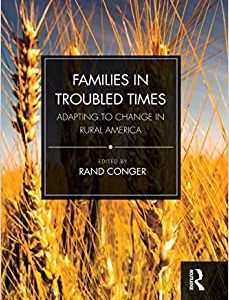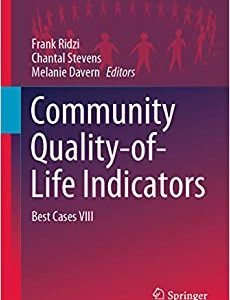Must Developed And Developing Countries Need Artificial Intelligent To Replace Human JobMust developed and developing countries need artificial intelligent development? If one developed country, e.g. US, UK , Japan , Singapore it does not continue to develop artificial intelligence, robotic, then what disadvantges or weaknesses , it will encounter to compare when it chooses to continue to develop this artificial intelligent technology in society. If one developing country, e.g. China, Korea, Taiwan, it does not continue to develop artificial intelligence, robotic, then what disadantages or weaknesses, it will also encounter to compare when it chooses to continue to develop this artificial intelligent technology in in society. I shall explan the reasons why the results may cause to either the developed country, or the developing country as below:⦁How AI help developing countries to communication and agriculture and learning and medical delivery developmentWhy can AI help developing countries ? Drones that pick inaccessible crops and mobile phones that give medical advice are two of the ways AI can transform life in the developing world. Artificial intelligence (AI) may improve the lives of the world’s poor, the technology needed to revolutionise inefficient, ineffective food and healthcare systems in developing countries is well. For example, in low-income areas, agriculture and healthcare are two critical ecosystems that we can apply AI to immediately; this is not the far future, or even in five years.Artificial intelligence (AI) has seeped into the daily lives of people in the developed world. From virtual assistants to recommendation engines, AI is in the news, our homes and offices. There is a lot of potential in terms of AI usage, especially in humanitarian areas. The impact could have a multiplier effect in developing countries, where resources are limited. Emergency Response to developing countries’ earthquake natural damage suddence occurrence predictingAI and machine learning are still finding importance in emerging markets, but certain applications have emerged and are now widely used. For instance, predictive models for disaster relief enable first responders to automatically analyze large-scale behavior and movement through multiple sources of data including social media platforms, web forums, news sources, etc. Based on collected data, responders can scale reconstruction efforts and distribute supplies in a timely manner. Why and how AI can assist farmers to predict when the earthquake occurs suddenly in order to avoid or reduce the natural damage to their agriculture productive number loss. For example, In 2015, when a major earthquake hit Nepal, more than 8 million people were affected. During the aftermath, drones were used to map and assess the destruction and speed up the rescue mission. The town of Sankhu, situated about 20 kilometers northeast of Kathmandu, was among the highly affected locations. In May 2018, my company Fusemachines and GeoSpatial Systems partnered with Sankhu’s city officials to use drones and artificial intelligence in an effort to automatically estimate the reconstruction need. After processing data accumulated from a drone-powered aerial mapping of the region, the team fed this data to advanced machine learning algorithms. Combining drone imagery, digital mapping and machine learning, the team configured region modeling and infrastructure development with higher accuracy. Another organization known as One Concern, a California-based startup, has created a predictive AI program called Seismic Concern to accurately predict seism and is also working on solutions for wildfires, floods and hurricanes.
-65%
EBOOK PDF
Robotics Replace Human Works: Social Influence (Robotic social influence)
$44.00 $15.40
Please note this is an Ebook, not a Paperback Or Audio Book!
SKU: B01N0PVSB7
Category: Ebooks











